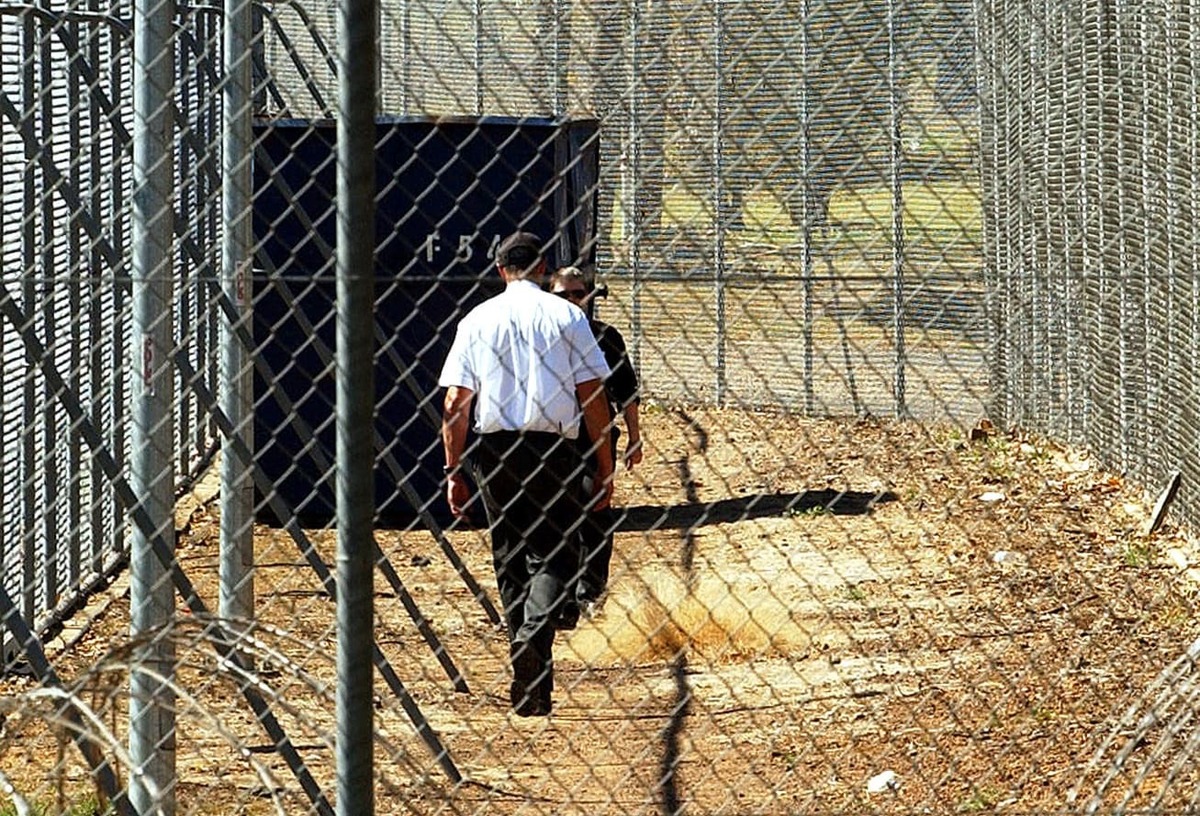The terrible conditions of migrant women in Australian detention centers

About 6% of those in Australia's immigration detention are women, according to the Guardian newspaper. These women are part of a system that was created and run for men, and the authorities frequently overlook the unique needs of migrant women.
The results of a study on the experiences of women in this system were recently released by the Australian Human Rights Commission.
The report states: we conducted interviews with women in all of the immigration detention facilities where they are housed as part of our inspections, and their statements were extremely concerning.
They (migrant women in Australian detention facilities) spoke of little privacy and frequent exposure to violence and harassment, the report continued. In addition, they struggle with limited access to food, poor mental and medical care, and ongoing stress and anxiety.
The Australian Human Rights Commission reported: “What [detained migrant women] told us is consistent with what we saw in the centers. There are many examples of inadequate, inappropriate, or unsafe housing, facilities, and services such as health care or education, and staff working in the centers are not adequately trained to meet the needs of these people. We met with staff who want to make changes and are doing their best but find themselves up against a system that is often resistant to change”.
For example, in Sydney’s Villawood Immigration Detention Centre, which has the largest number of women of any detention center in Australia, women are housed next to a complex where sex offenders are held. These women are currently at risk.
Another important topic brought up with the Australian Human Rights Commission's investigators was family separation. The majority of women are imprisoned in distant states, making it challenging for them to see their loved ones and children. For years, some women claimed, they had been unable to see a family member. This is unacceptable, according to the commission, particularly since Australians are informed that immigration detention is not a form of punishment.